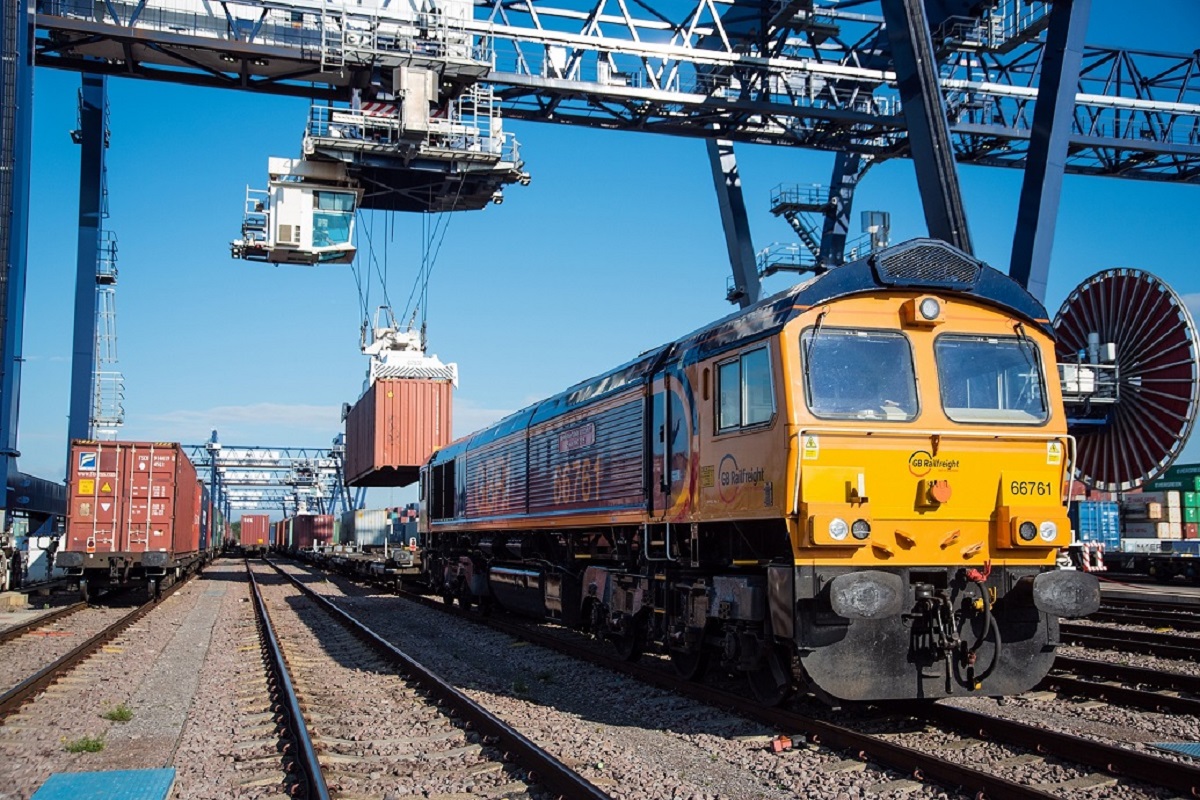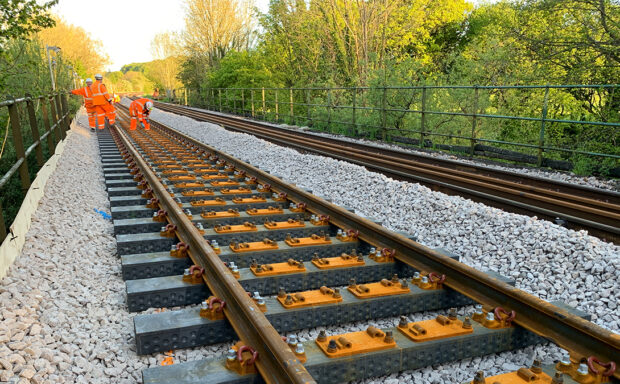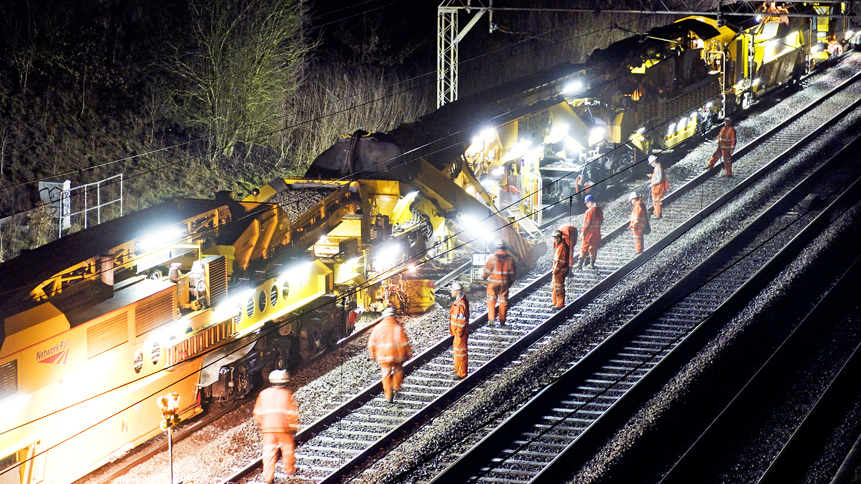Rail freight is vital for moving goods all over Britain – even more so as the country works together to keep the National Health Service (NHS), supermarkets and other retailers stocked with essential supplies.
We are rising to the challenge and working with freight operating companies to continue our usual 600 freight services each day. To do this, we have prioritised freight and have plans in place to enable freight to continue all booked services to all locations
The new, reduced timetable, which came into effect on Monday, cut passenger services to ensure train operating companies could run a sustainable service for the foreseeable future and get key workers to their jobs. It incorporates all weekday freight paths, with further capacity available.
It’s a huge task but we will continue to work with the freight industry to adjust to changes in demand and try to meet the challenges we face together.
Maggie Simpson, director general of Rail Freight Group, said: “The rail freight industry is working flat out to make sure essential supplies are available on supermarket shelves, that the lights stay on and that the warehouses have all the goods we need for online shopping.
“It is a real testament to all our staff, and those at Network Rail and across the railway for keeping trains running and helping the whole of the UK in these difficult times.”
How are we helping keep Britain running?
There are hundreds of different traffic flows across Britain. Intermodal or container traffic carrying consumer goods tends to travel from ports to distribution centres in the Midlands, North West of England, East of England and Scotland.
Aggregates or construction traffic comes from the quarries of the Mendips in Somerset and the Peak District and serves major projects from the North of England to London and the South East of England. This traffic can carry materials to build up to 30,000 new homes.
We have identified strategic freight flows – the routes freight trains take – and are tracking driver resources.
Our current main freight priorities are:
- Supermarkets, especially in Scotland, which lacks container ports that can support deep sea vessels with containers. Much of the produce in Scotland comes from Felixstowe in Suffolk or London Gateway, just north of London. Cross-border flows are crucial to keeping Scotland’s shelves stacked. Freight is also a better mode of transport for goods bound for Scotland because it’s such a long journey for lorries.
- Household waste removal from urban areas.
- Power stations such as Drax in Yorkshire.
- Raw material to keep industry processes going, such as steel making facilities.
- Engineering trains for our Easter engineering works.
- Measurement trains, on which the railway’s maintenance activities depend.
Read more:
Network Rail teams turn timetable around in one week




